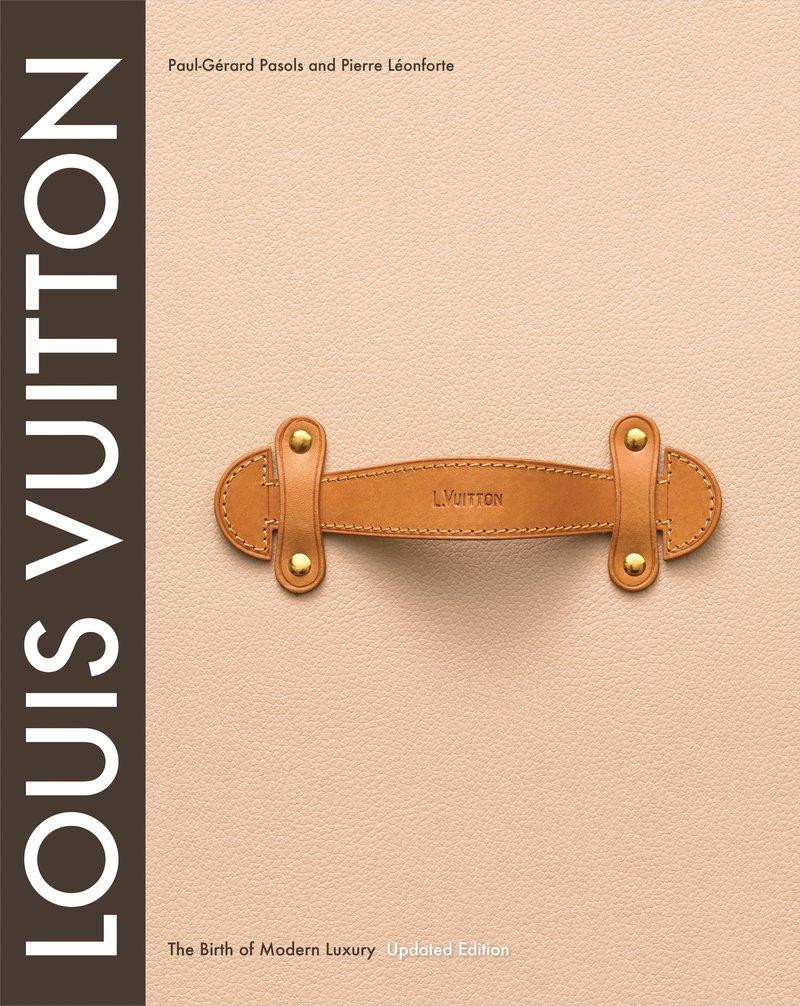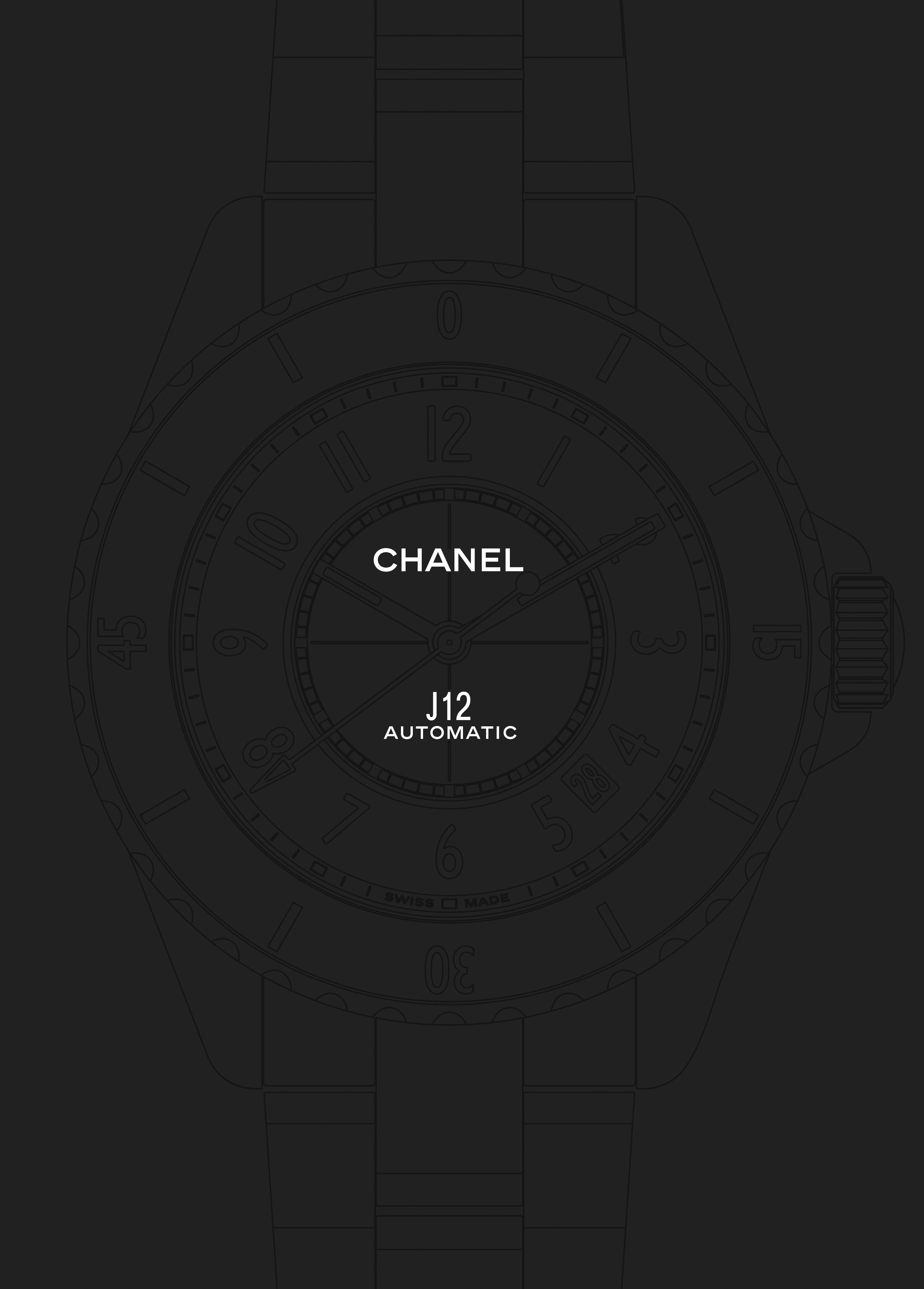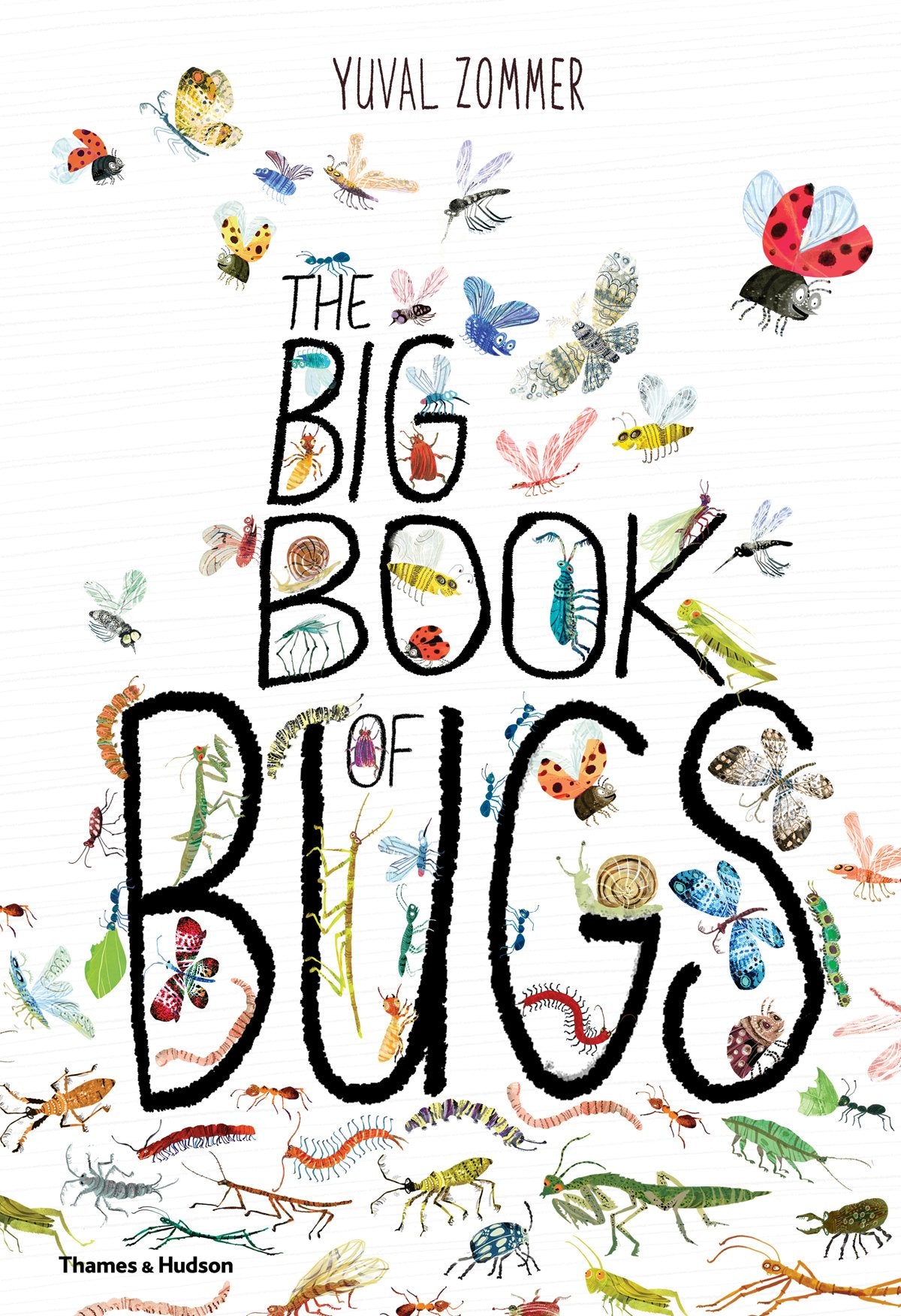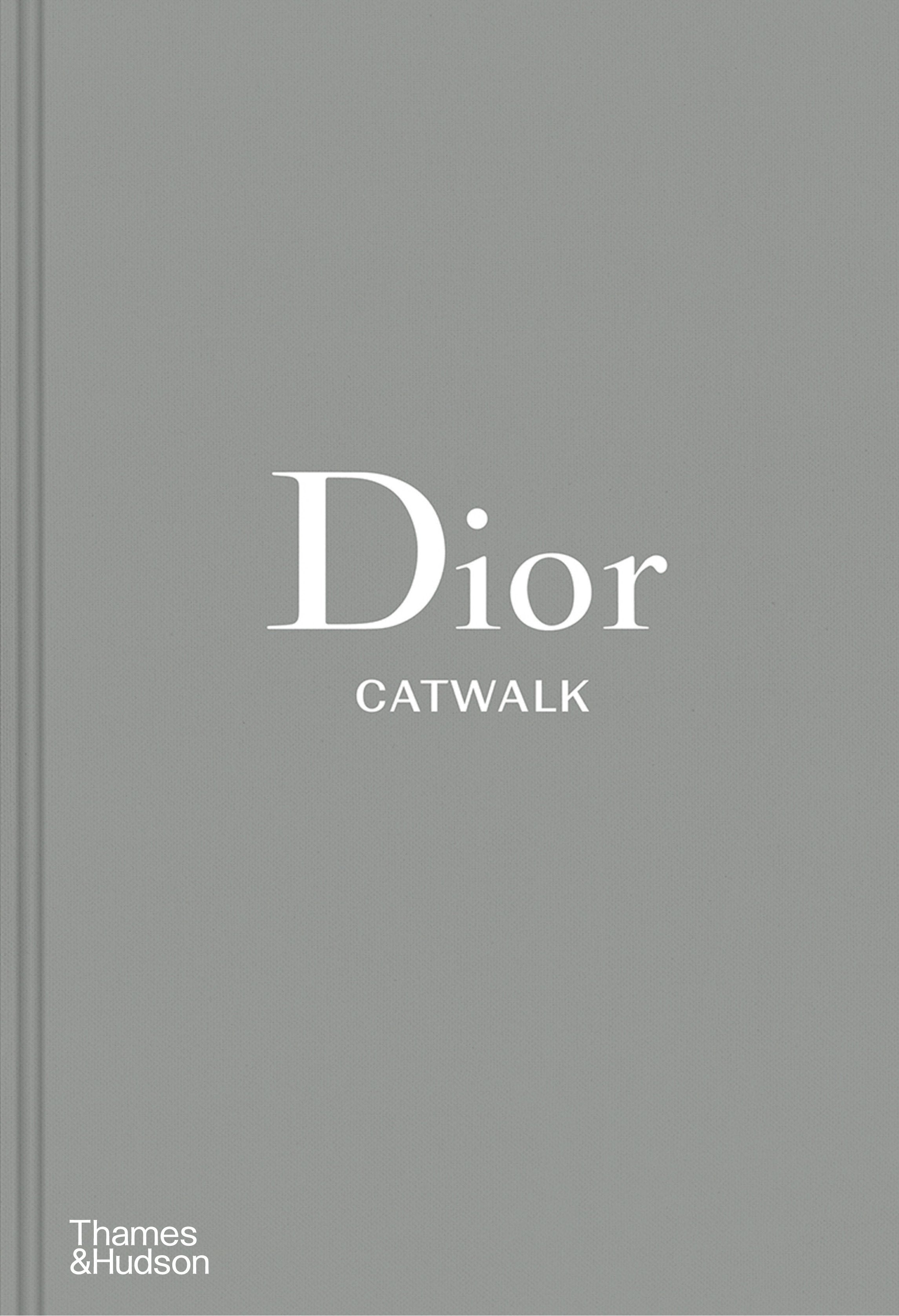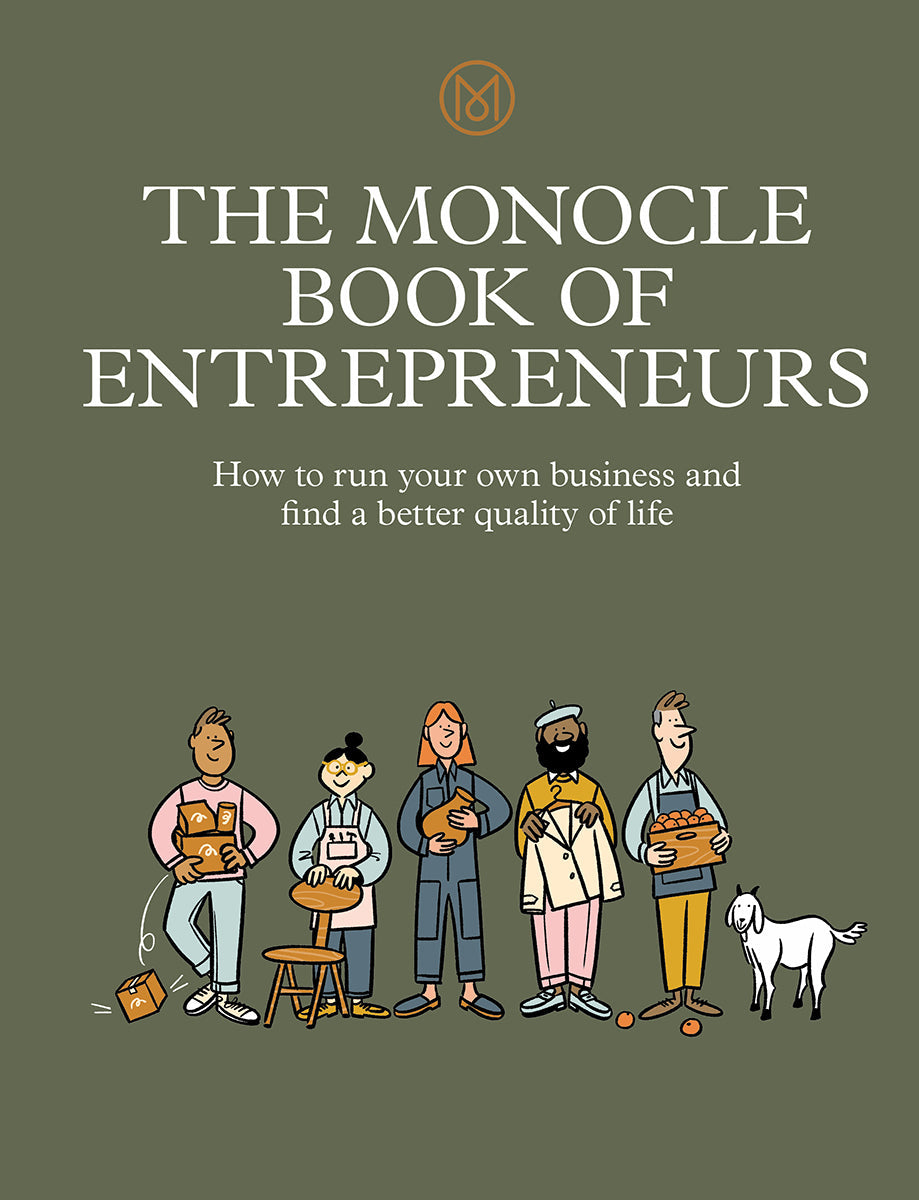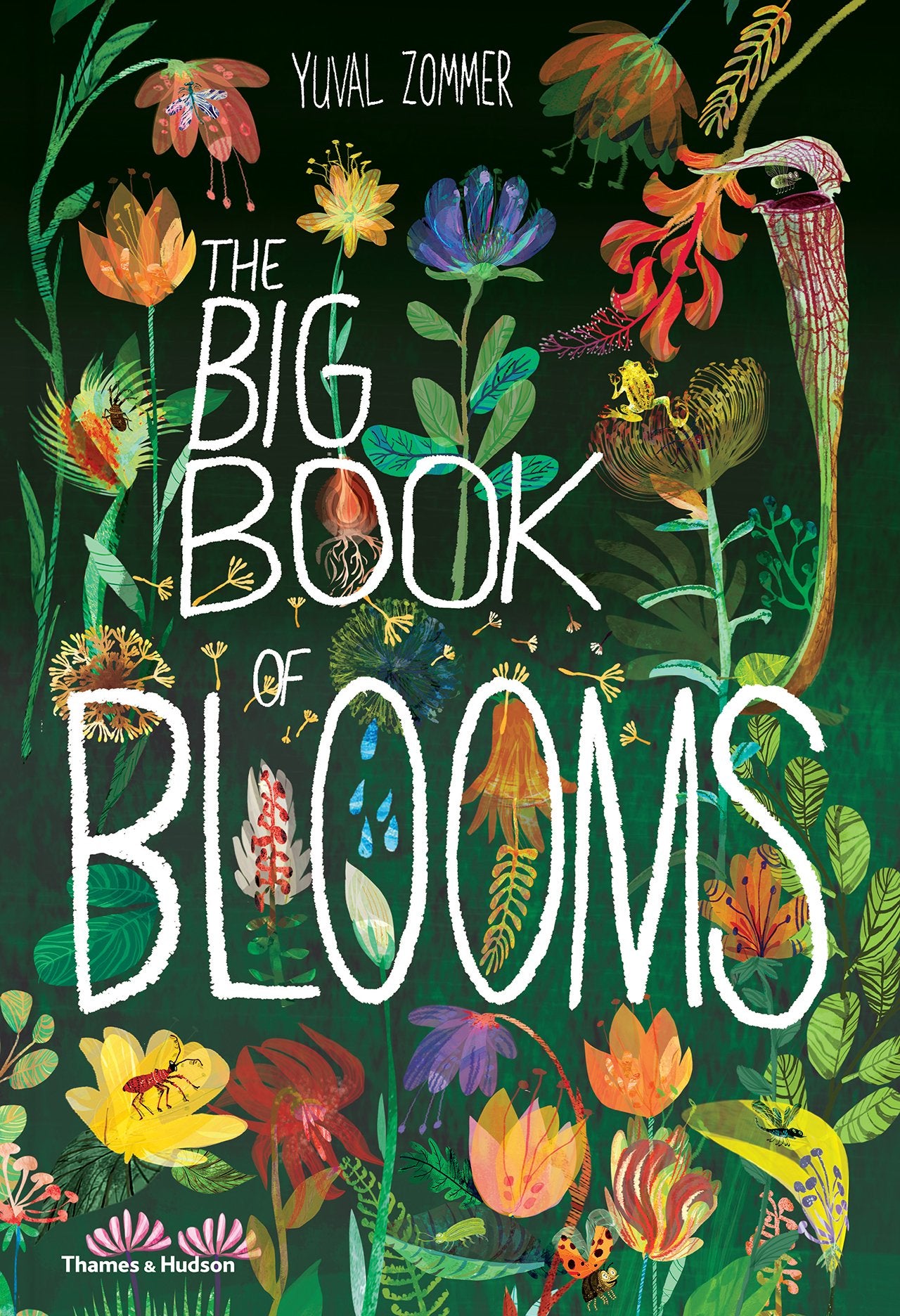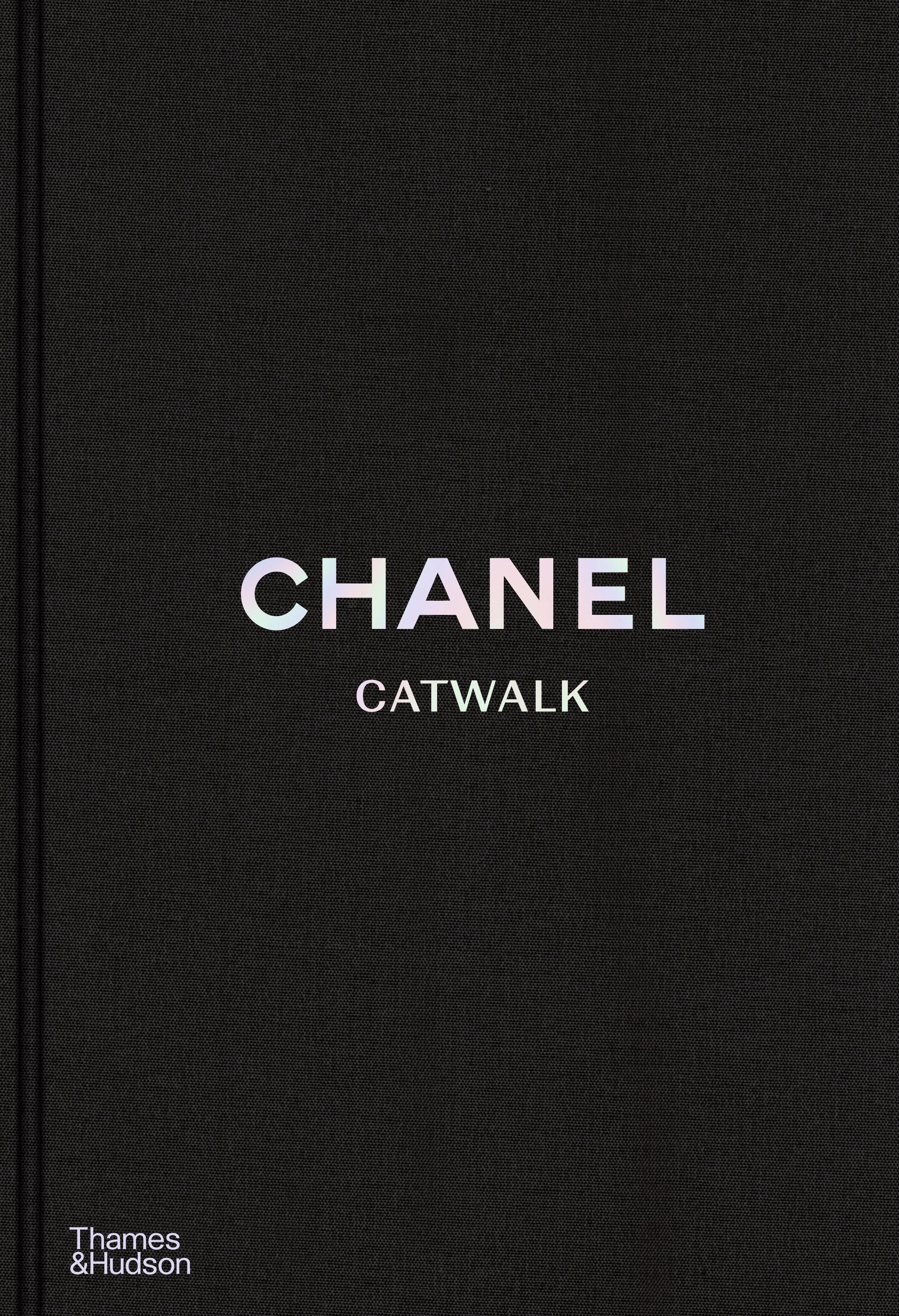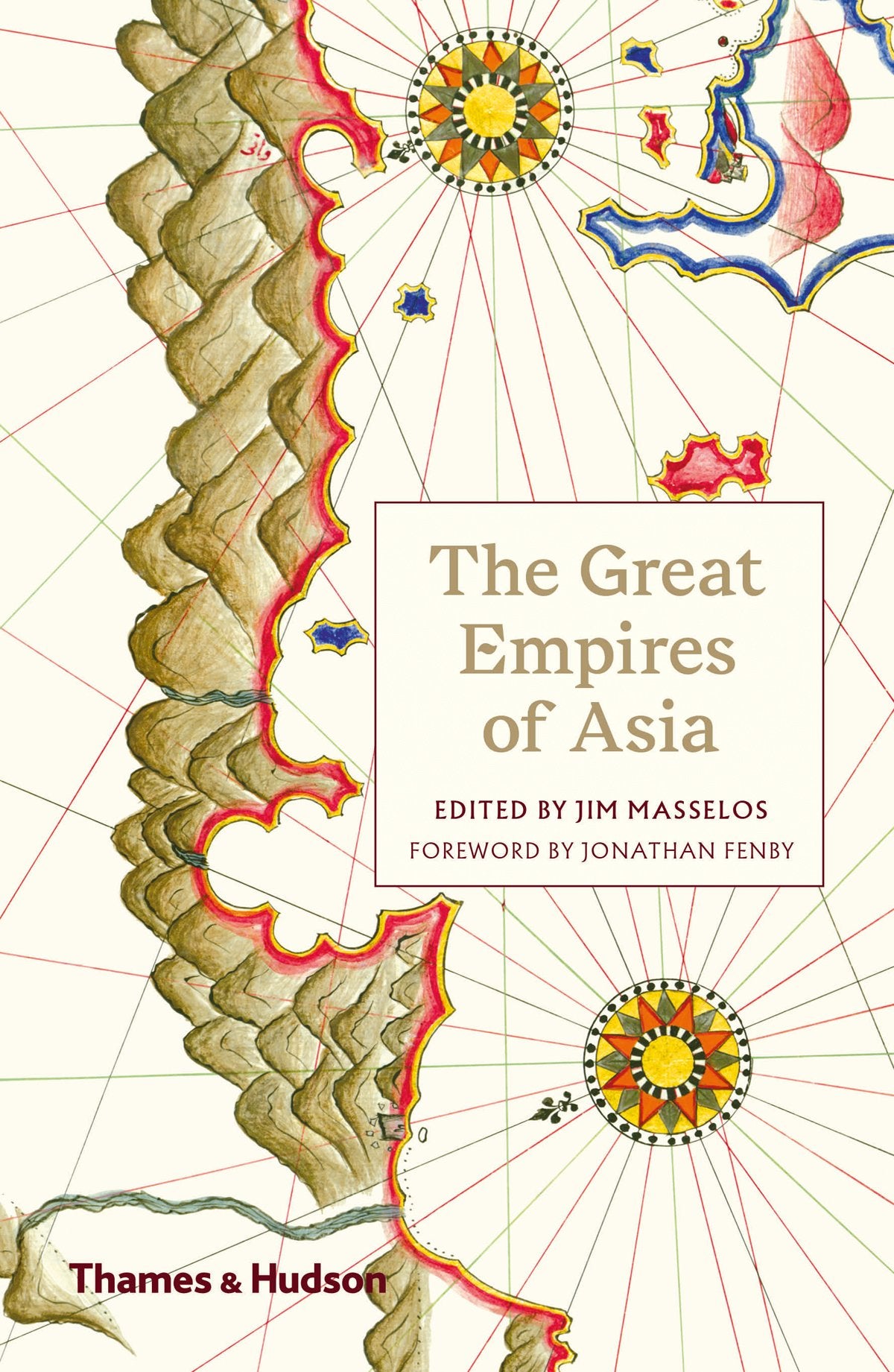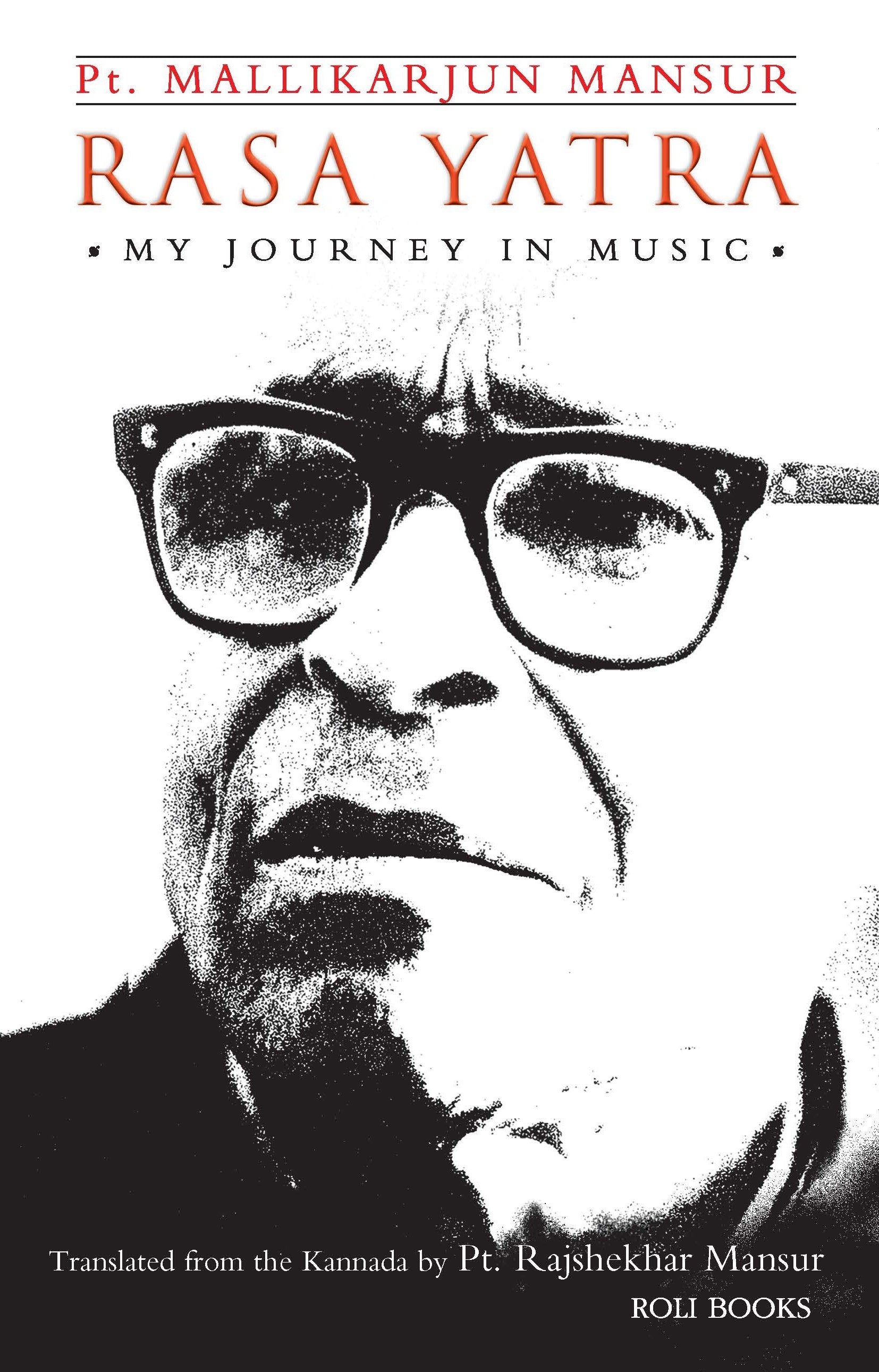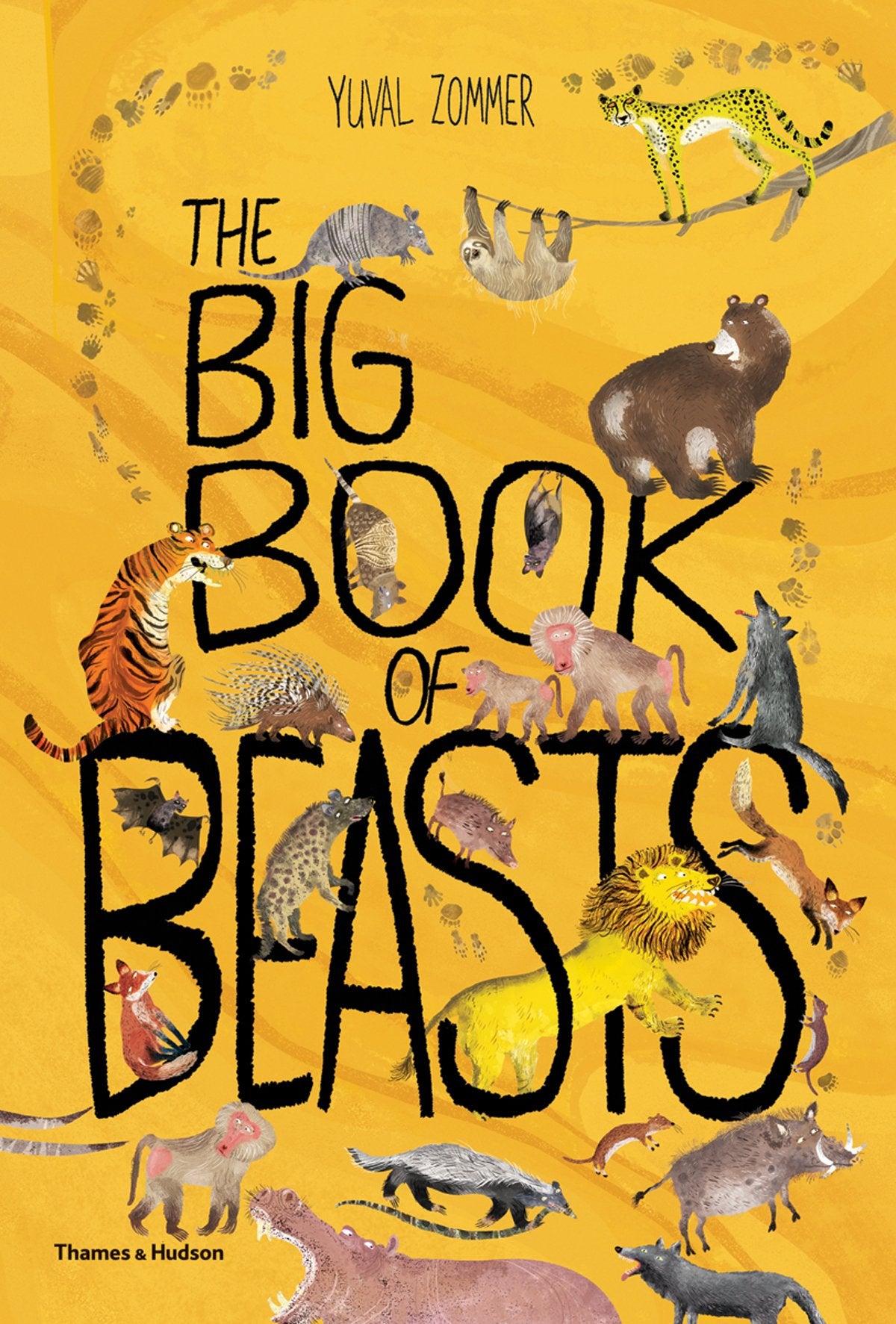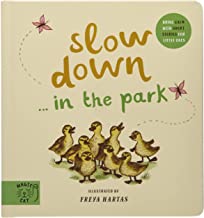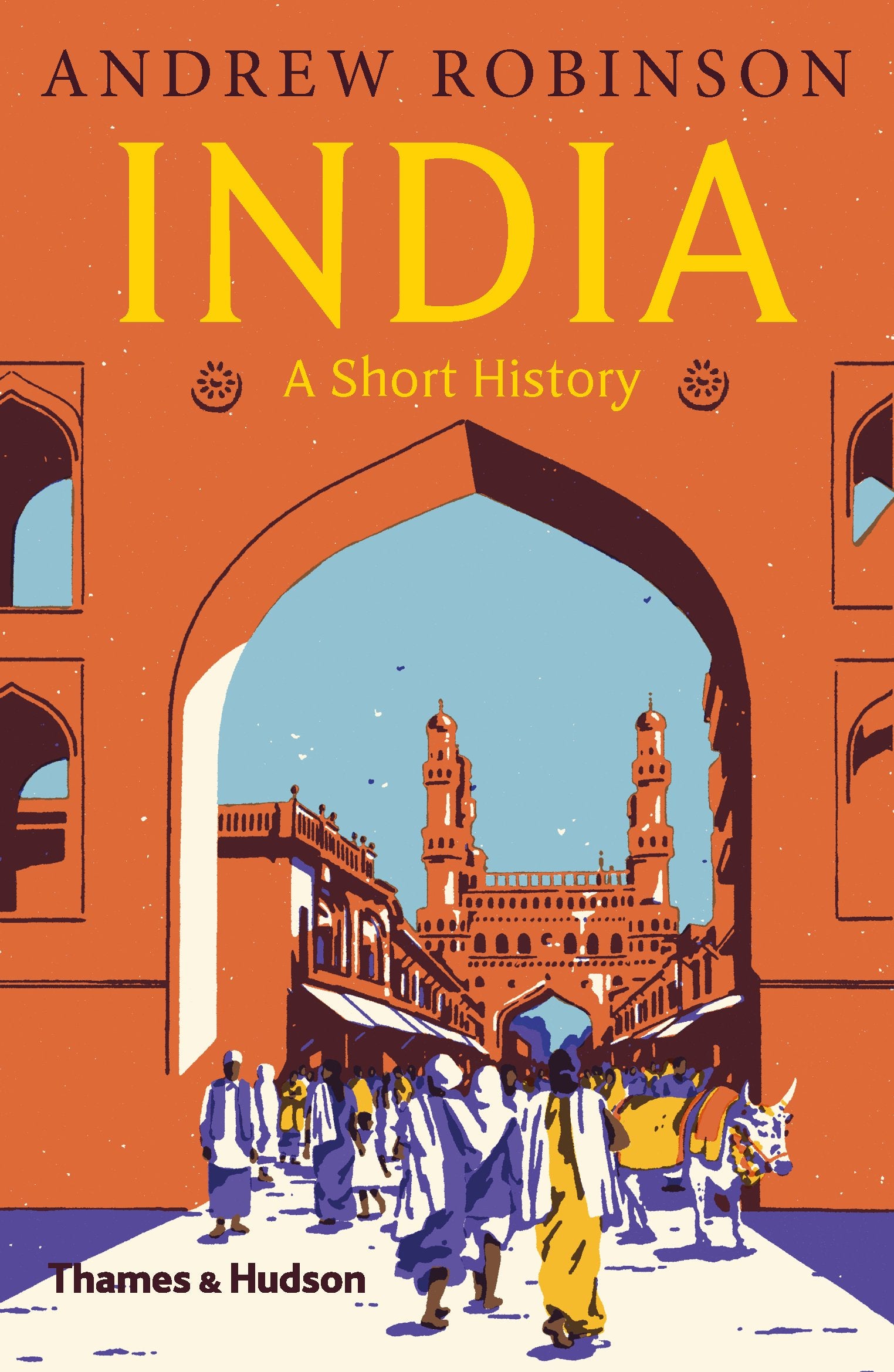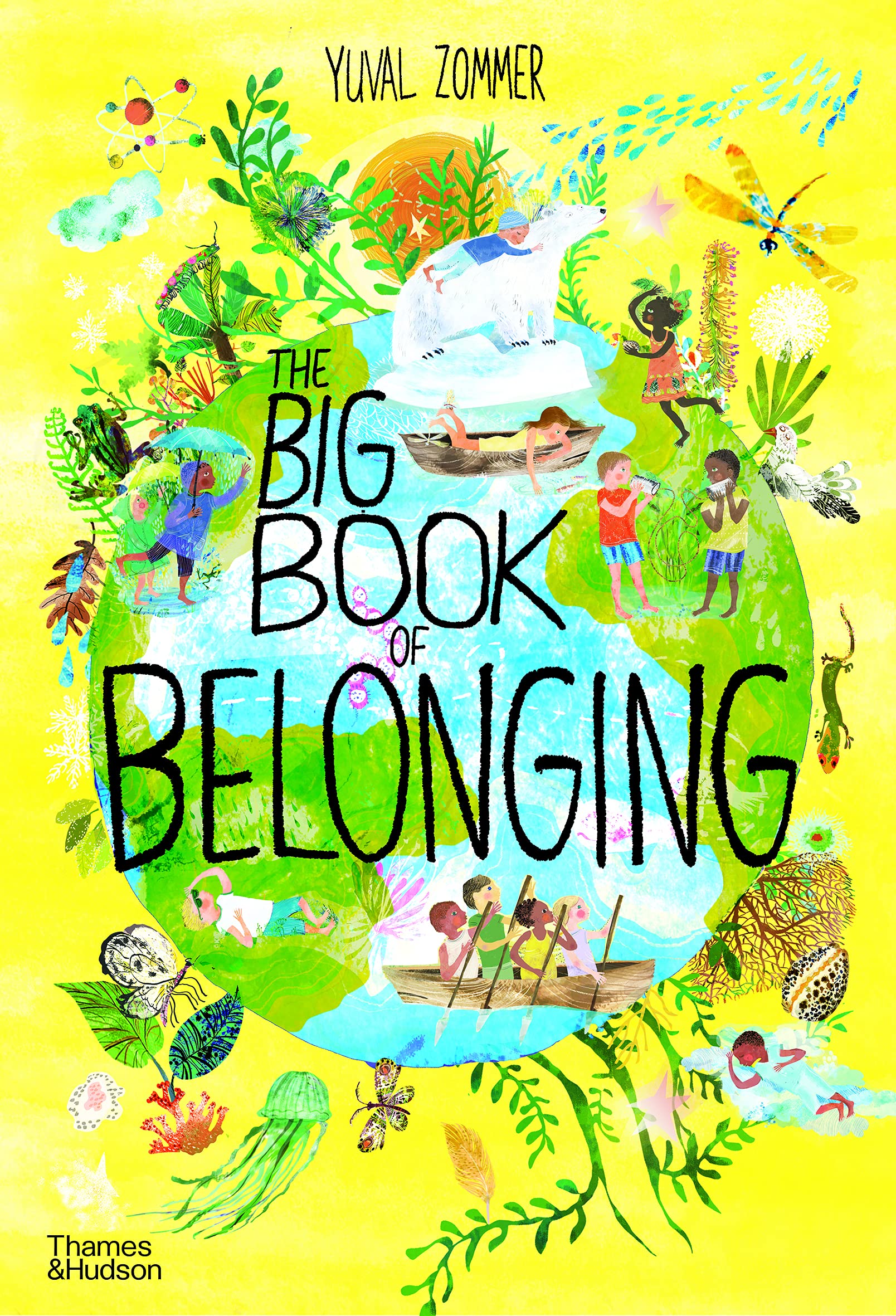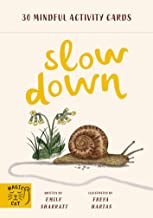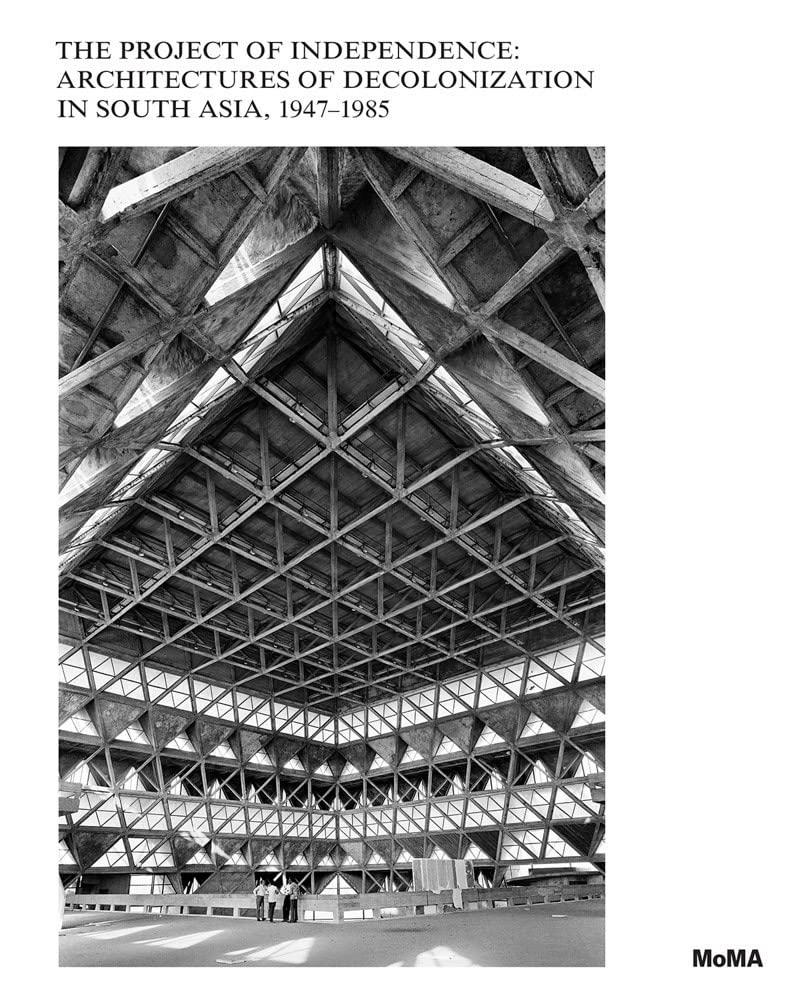Possessions: Indigenous Art / Colonial Culture / Decolonization
Nicholas Thomas
The arts of Africa, Oceania and native America famously inspired twentieth-century modernist artists such as Picasso, Matisse and Ernst. The politics of such stimulus, however, have long been highly contentious: was this a cross-cultural discovery to be celebrated, or just one more example of Western colonial appropriation?
This revelatory book explores cross-cultural art through the lens of settler societies such as Australia and New Zealand, where Europeans made new nations, displacing and outnumbering but never eclipsing native peoples. In this dynamic of dispossession and resistance, visual art has loomed large. Settler artists and designers drew upon Indigenous motifs and styles in their search for distinctive identities. Yet powerful Indigenous art traditions have asserted the presence of First Nations peoples and their claims to place, history and sovereignty. Cultural exchange has been a two-way process, and an unpredictable one: contemporary Indigenous art draws on global contemporary practice, but moves beyond a bland affirmation of hybrid identities to insist on the enduring values and attachment to place of Indigenous peoples.
Nicholas Thomas, Director of the Museum of Archaeology and Anthropology in Cambridge since 2006, is author of many books on art, history and empire in the Pacific. Over 2018-19, he co-curated 'Oceania' for the Royal Academy of Arts and Musée du quai Branly-Jacques Chirac. He was awarded the 2010 Wolfson History Prize for his book Islanders: The Pacific in the Age of Empire.








